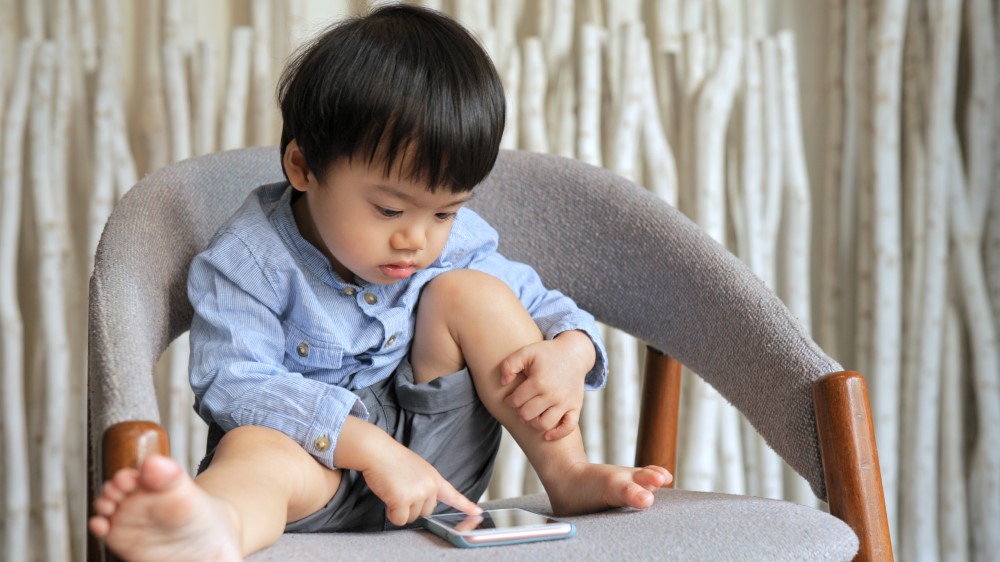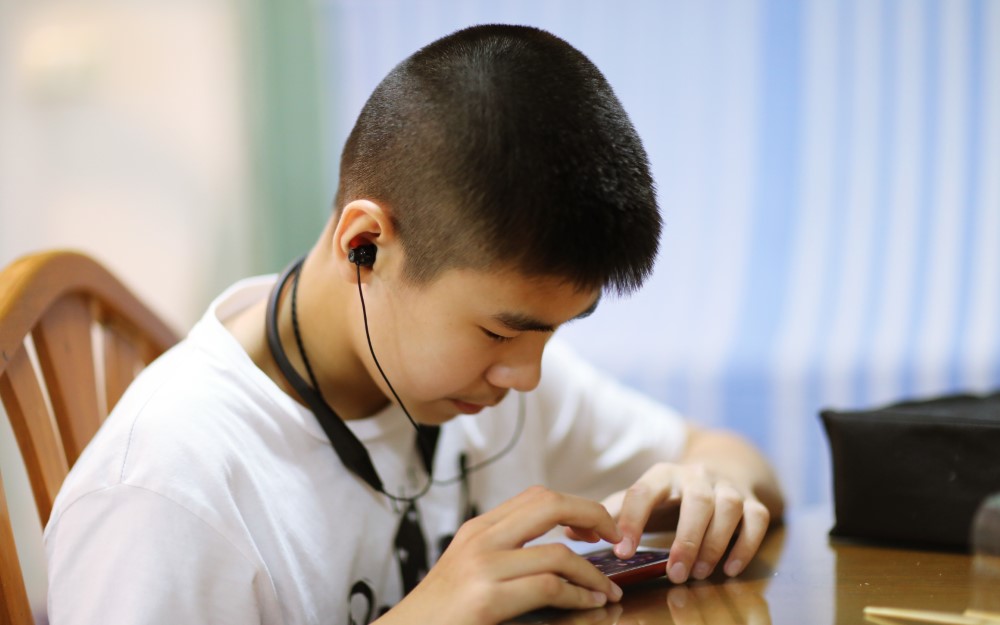
In this article, we interviewed Mr Ryan Huang, visiting Educational Psychologist and expert in Autism, Intellectual Disability and ADHD, on the impact of social media on neuro-atypical children and youth, and how their specific conditions may affect their social media use.
Pitfalls and Risks
According to Ryan, children with ADHD are more easily drawn to social media. This is because the rapid pace and engaging content on social media is highly effective in gripping their attention and reducing boredom. They also tend to be more impulsive and have less self-control. “They can scroll indefinitely with a flick of their fingers, view hundreds of pictures and videos, and the social media algorithm ensures that appealing content will continue to be supplied to them and hook them.”
Children with autism spectrum disorder are similarly more prone to social media “addiction.” Ryan shared that “Children on the autism spectrum thrive on a need for completion, but social media platforms do not provide clear cues for completion and there is no end point.” Parents may have to intervene to put a stop to their use of devices. In general, children may fixate on the idea that social media influencers are glamourous and start to idolise these influencers.
Potential Benefits?
At the same time, social media may have potential benefits for children with special needs, says Ryan. The social media space could provide a more impersonal and less threatening form of social interaction, where eye contact is not necessary and random comments are acceptable, giving young people a sense of acceptance. “There is also no need to disclose their condition or worry about being different.” Children with autism may have very niche interests, such as trains or fountains. They can access, enjoy and learn from such content online without fear of judgement, and ideally with parental supervision.
When excessive use becomes problematic
Ryan has encountered children who become aggressive when their parents deny them social media, screen time and related devices. The “addiction” can affect their daily activities, from schoolwork to basic activities such as showering or meals. “The strategies used by parents are often ad-hoc and inconsistent,” shared Ryan. “Giving in to the demands of the child can perpetuate the issue, but the child may also escalate his or her behaviour if the parents stand their ground.” By the time the parents learn to be firm, their child’s behaviour may evolve to become too challenging to manage.
What can parents do?
Ryan suggests starting the conversation with children early, to educate them on how social media can affect their mental well-being. Such conversations should be initiated by parents and reinforced by teachers. “The younger their age, the less screen time” Ryan advises. “Parents should help children prioritise daily routines like meals and showering, and their academic demands. Any remaining time may be allocated to screen time, and it should not exceed 1 hour a day.”
Children should expand their interests beyond the screen and devices. Ryan encourages parents to focus on ‘low tech’ hobbies like sports, and to go outdoors to playgrounds and nature walks.
A Success Story after Professional Intervention

Those who are already hooked onto social media may require specialised help. Ryan recalls working with a 16-year-old teenager with moderately severe autism. Through intensive behavioural therapy, the child was taught to recognise the harmful effects of social media and be more discerning of which content is appropriate and which are harmful. “After much rapport building, I managed to get his commitment to voluntarily restrict the range and use of social media apps, limited to one hour per day.” A key goal of therapy was to learn to manage difficult emotions. “His parents noticed that he became more stable emotionally. He also became more sociable.”
Tips for Parents:
- Start Conversations Early: Begin talking about social media’s pros and cons with your child from an early age. Tailor the discussion to their level of understanding.
- Set Clear Boundaries: Establish rules on screen time, which platforms are allowed, and appropriate online behaviour.
- Monitor and Supervise: Regularly check your child’s online activity and interactions. Use parental controls if necessary. Encourage use of devices in shared spaces like the living room where you can keep an eye on them.
- Educate About Online Safety: Teach your child about online privacy. Avoid sharing personal information. Recognise and report inappropriate content. Remind them not to share personal information or passwords.
- Encourage Kindness and Respect: Help your child understand what is appropriate to share. Teach them to be kind and respectful online.
- Set Time Limits: Limit the time allowed on social media and consider parental controls to track their online activities.
- Establish Rules: Set rules such as putting away devices during meals. Avoid social media use before bedtime.
- Stay Vigilant: Be alert to signs of cyberbullying. Teach your child to disengage from bullying behaviour. Promote kind and considerate conduct online.
Seek Help Today
Ready to address your child's social media challenges? Contact us at Private Space Medical for expert guidance and support. Let's work together to ensure their well-being and balanced screen time habits. Schedule your appointment today.